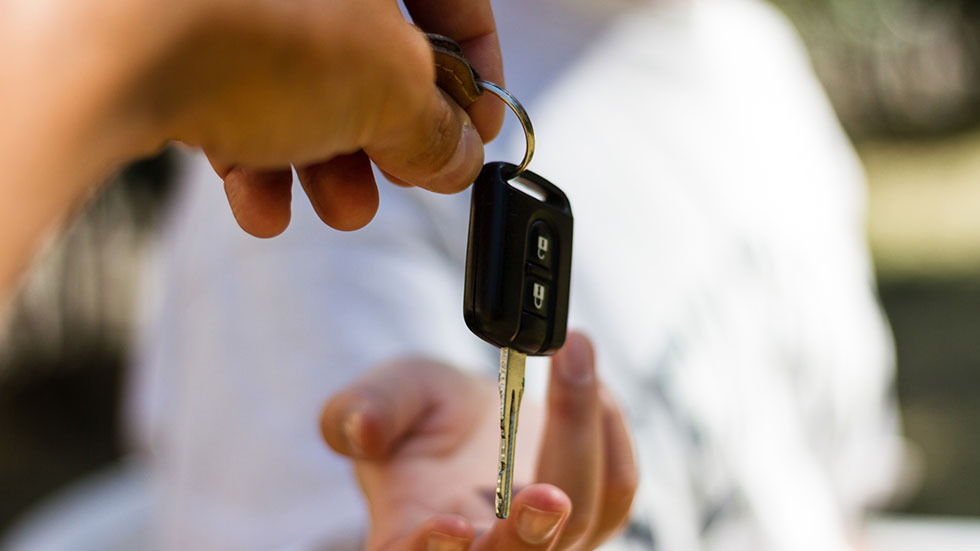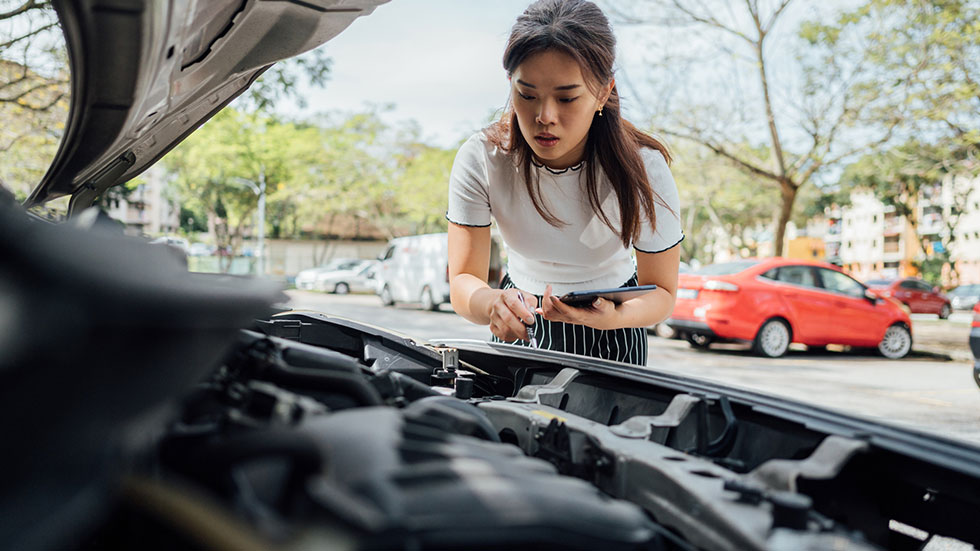Do You Know How Much Your Car Is Worth?
Options for selling your used vehicle

When it’s time to off-load an unneeded vehicle, most drivers have two options (unless that unneeded vehicle is being gifted to a lucky family member or friend), and those options are:
- Sell it to a private party
- Sell it to a dealership
Most people know that selling a car to a private party will usually net more cash than selling directly to a dealer. However, it is also known that selling to a dealer, although less lucrative, will generally be safer and easier, plus require less legwork. Therefore, in some cases it may make more sense to sell to a dealer rather than a private party just to avoid the hassle that can accompany a peer-to-peer sale.
By now, most car buyers have likely heard that used car values are at or near all-time highs, making this a wonderful market to get rid of that 3,000-pound piece of metal taking up space in the driveway. But what if that paperweight is from the Blockbuster Era and has a couple hundred thousand miles on the odometer? In the eyes of a dealership, the vehicle may be nearly worthless, because of its age and the likelihood that they will not want to sell it for liability reasons. With limited vehicle inventory and high demand for used cars, how can a car be worth so little?
In this article, we’ll go behind the scenes to examine the factors a dealer considers in a potential vehicle trade:
- Reconditioning the car for sale
- Sending the car to auction

Prepping for sale
Trading in a used car and receiving a very low offer may seem insulting, but more often than not, a dealer can’t put your trade-in on the lot immediately. Assuming the car is a model the dealership wants to list as part of their available inventory, there is a reconditioning process that has to take place before the vehicle is ready to be sold.
Whether it’s scheduled maintenance or restoring the appearance to look showroom fresh, it takes time and money to prepare a car for resale. For some cars, it’s less intensive, but for others, the bill can add up quickly, and the dealership wants to be able to make a profit when it comes time to sell the car―hence the lower trade-in value.
The dealer also has to consider the potential liability of selling an older car that is well outside of any manufacturer warranty period and too old to have a dealership warranty added. At minimum, most dealers will need to conduct a “smog and safety” test on a vehicle prior to selling it to a consumer.
Ensuring a vehicle can pass the smog/emissions test and is safe to drive can often require additional costs, such as new tires, brakes, belt service, and suspension components, to name a few.

Finding your car a home... even if it's not at the dealership
Depending on where you trade your vehicle in, there are instances where it doesn’t make financial sense for a dealership to refurbish your vehicle for resale. In these cases, the dealership will send your car to an auction.
There are fees and transportation costs associated with sending a car to an auction house, and these fees can easily exceed $1,000. So, when a dealership offers a few hundred bucks for your trade-in, chances are they’re factoring the auction fees into their cost.
A dealership is a business, so time is money when it comes to a trade-in meeting the needs of the business. Ask yourself these questions to help determine if trading in your vehicle or selling it to a private party is the best option for you.

Questions to ask yourself before trading in your vehicle
- How much is the private-party value over trading in? Depending on the age and condition of the vehicle, selling a car to a private party can potentially net more money, but you’ll have your work cut out for you. You’ll have to deal with creating a listing, scheduling time to show the car, and negotiating the sale price, not to mention correctly filling out all the paperwork so the DMV is satisfied—particularly the release of liability form—which is crucial when selling a car to a private party. Tired yet?
- Is the car not replaceable? There are times when the trade-in value of a car is low, and it would be nearly impossible to find a similar condition replacement. This is often the case for clean examples of older vehicles where there is a great disparity between book value and fair market value. In these instances, it probably doesn’t make sense to trade in one of these vehicles for a nominal amount of cash.
- Is the car still useful? With a lot of older high-mileage vehicles, trade-in values are very low, but the car is still a perfectly functional form of transportation. Whether it’s a reliable commuter car or an old truck that’s good for trips to the lumber yard or Home Depot, sometimes the “worthless” car is actually very useful and worth more than a dollar figure.
- Did you want to donate your old car? For some people, donating their old car makes more sense. Not only can the car go to a charitable cause, but it may also result in a tax deduction.
Key takeaways
When you trade in your car to a dealership, you simply hand over the keys and the dealership staff takes care of the paperwork to take possession of the vehicle. Simply call your insurance provider to cancel the coverage on that particular vehicle and it’s as simple as that. So, while you won’t net as much cash in your pocket, you have to ask how much your time is worth.
There are also cases where trading in a vehicle doesn’t make sense, so you’ll have to evaluate your driving needs and whether it makes sense to keep a car that would otherwise be worthless during a dealer trade-in.
This content was created in partnership with TrueCar.
